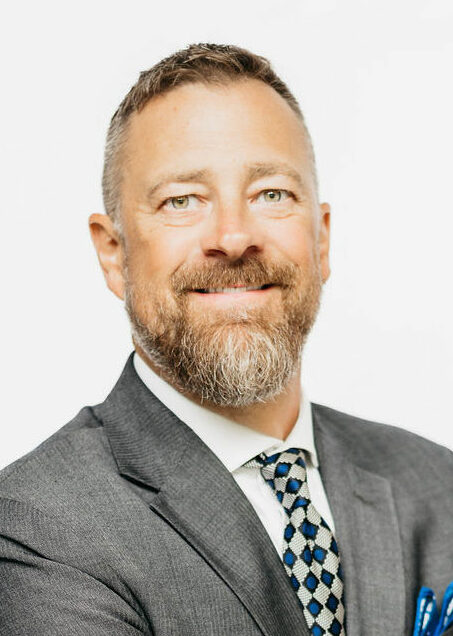
The COVID-19 pandemic and subsequent Public Health Emergency had significant impacts on the senior housing industry that have extended beyond occupancy. Many third-party operators have struggled to regain traction due to challenges brought on by labor shortages, competitive pricing strategies, operational cost increases, and the expiration of government-sponsored support initiatives such as the Paycheck Protection Program (PPP) and the CARES Act. These operational challenges have a direct impact on ownership groups, who face the mounting pressures of increased debt service, food, labor, and insurance costs while net operating income continues to stagnate or decline.
Ownership groups must weigh several factors when considering how best to address these mounting pressures when seeking to stabilize their portfolios. Oftentimes, ownership groups will forego the difficult decision of changing management due to the perceived complexities and risks that are inherent to the process, as well as having developed a familiar and trusting relationship with the existing operator. At some point, however, the ownership group must address the inevitability that the current manager is not going to maximize the performance of the assets and a change must be considered.
So, what questions should an ownership group keep in mind when contemplating a third-party management change? The following are three critical factors to consider that will impact both short-term and long-term success during a management change.
1. ALIGNMENT
There’s nothing more frustrating in an owner/operator relationship than not having alignment on values and culture. The inability to develop and grow a trusting relationship will have both an immediate and negative impact on a community’s future performance. Asking a prospective operator questions about how they would have handled a particular situation at a community gives you a clear understanding of if they view solutions in a similar way.
Ask for references from both current and past relationships. Try to gain an understanding of how problems and conflicts were resolved, and whether the operator supports all owned and operated communities equally.
Determine preferred methods, frequencies, and who the specific employees would be for an optimal communication environment. If there are questions about financial reporting, to whom should those questions be directed? Do I call the community specifically or a regional contact about move-ins/outs for the month? Understanding how to get a question answered in one step—through the right person, using the right method—is a valuable part of the owner/operator relationship.
2. EXPECTATIONS
Put simply, will the new third-party management group be able to meet my expectations for performance? If a community’s performance (e.g., financial, clinical, or physical plant) has declined, is the prospective operator able to communicate clearly and comprehensively the steps it will take to turn that performance around?
Make sure the operator understands what support will be in place to improve operations, whether in the form of capital investment, performance incentives, or existing ownership systems that will remain in place.
Ownership groups will oftentimes play a crucial role in understanding the history of a community. Once a decision about a new operator is made, make a commitment to share as much information as possible about the community. A smooth transition and performance turnaround can be derailed quickly when there are more critical priorities that require unanticipated resources.
3. EXPERIENCE
Everyone appreciates a new, determined, and energetic operator who wants to prove themselves with a turnaround project, and there may be assets that lend themselves to a slower performance ramp-up. But in the current state of senior housing, a change in management often comes with an expectation of urgent stabilization. Choosing an experienced operator, with a proven record of performance directly related to the identified issue, is paramount for ownership groups.
An operator who specializes in turnarounds should have, and be able to demonstrate, in-place support systems to address specific needs. The operator should also be able to demonstrate the ability to manage and value-add to communities that are, or are becoming, stabilized. Understanding, aligning, and measuring key performance indicators for both the short-term and long-term is critical to success.
Making the decision to change operators is never easy, and the search to find the right group to manage your portfolio can be daunting. However, asking the right questions on alignment, expectations, and experience can make the change manageable and beneficial.
LET US HELP
Health Dimensions Group (HDG) has years of experience owning, operating, and providing comprehensive third-party management services for a vast array of partners. We’d welcome the opportunity to share more about our insights and capabilities if you are contemplating a third-party management relationship.
For more information, please contact us at info@hdgi1.com or 763.537.5700.






